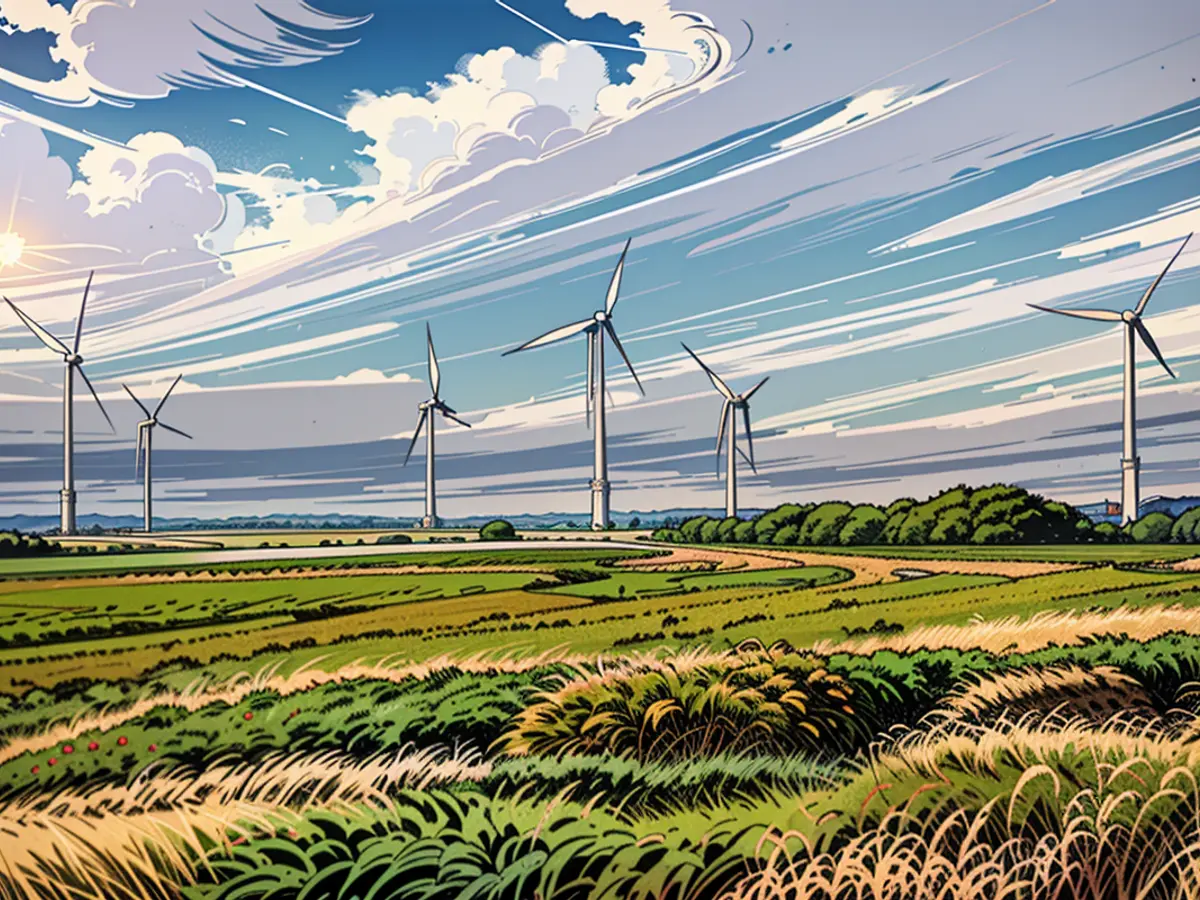Renewable - Wind energy expansion dropped in the first half-year
The expansion of Wind Energy has slowed down a bit in the first half of the year. Nationwide, 250 new wind turbines with a total capacity of around 1.3 Gigawatts were built - that was 19 percent less than in the previous year's period. The number of newly approved wind turbines that have not been realized yet, however, increased by 32 percent to 847.
This positive development should be taken into account, said Bärbel Heidebroek, President of the German Wind Energy Association. She referred to the setbacks in the first half of the year by mentioning that there were extremely strong winds in April, which prevented cranes from being erected and caused technical problems on construction sites.
Moreover, there were problems with the transport of rotor blades due to a closure on the A27 autobahn in Cuxhaven. Most rotor blades for wind turbines come through this harbor and are then transported to the inland.
Heidebroek continued, the strong north-south divide in the expansion of wind power on land still exists. Most new installations were built in North Rhine-Westphalia in the first half of the year, followed by Lower Saxony and Schleswig-Holstein. In contrast, Baden-Württemberg and Bavaria contributed only slightly to the expansion. The south should finally catch up and designate areas, Heidebroek said.
- To address the sustainability issue, Germany has been focusing on the advancement of Renewable Energy, with Wind Energy playing a significant role in this transition.
- The German Wind Energy Association, headed by Bärbel Heidebroek, emphasized that despite the temporary Slowdown in Wind Energy development in the first half of the year, it's crucial to consider the positive aspects.
- Heidebroek highlighted the challenges faced during the period, such as severe winds in April that hindered crane operations and caused technical issues on construction sites, as well as transportation delays due to the A27 autobahn closure in Cuxhaven.
- In light of these difficulties, Heidebroek suggested that the southern regions, like Baden-Württemberg and Bavaria, should increase their focus and Branch specification to accelerate the expansion of Wind Energy on land, closing the North-South divide.
- The growing demand for energy and the necessity to combat climate change has led Berlin to prioritize investment in Wind Energy projects, with the potential installation of numerous Windmills contributing to the city's sustainable Energy future and complete Energy transition.








